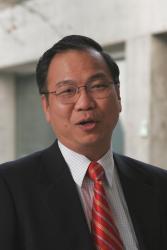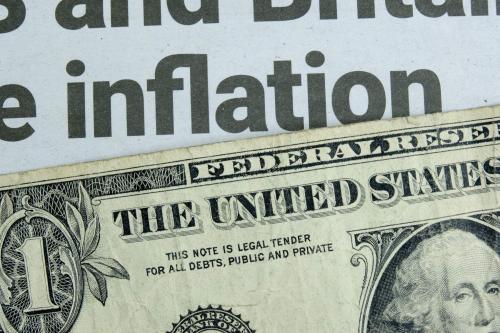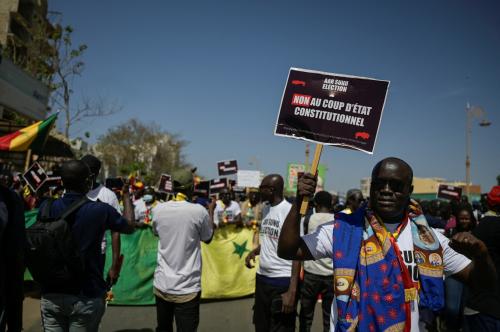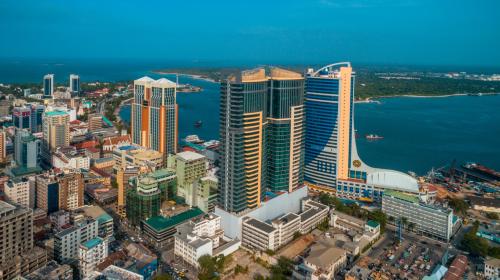Content from the Brookings-Tsinghua Public Policy Center is now archived. Since October 1, 2020, Brookings has maintained a limited partnership with Tsinghua University School of Public Policy and Management that is intended to facilitate jointly organized dialogues, meetings, and/or events.
EXECUTIVE SUMMARY
In present-day political and policy discussions in Washington, widespread concern is shared over the large and growing U.S.-China trade deficit. In the Senate, this concern was manifested in the proposed Currency Exchange Rate Oversight Reform Act of 2007, which was introduced in June 2007, and calls for designations and escalations to “punish” countries deemed to be guilty of exchange rate manipulation. Many other proposals to adjust, control or limit various elements of the U.S.-China trade relationship also exist, underscoring the belief that the U.S. economy suffers in some way from this trade relationship. More specifically, at the very base of these concerns lies the view that the large trade deficit has reduced U.S. welfare by increasing unemployment and reducing wages. Yet is this an accurate representation of the affect of current trade patterns with China on the U.S. economy?
In order to determine the answer, in this paper we examine some of the economic issues associated with the large overall U.S. trade deficit (which, in 2006, was three and a half times larger than the bilateral U.S.-China trade deficit), and some of policy options in reducing U.S.-China economic tensions by posing and answering four critical questions.



